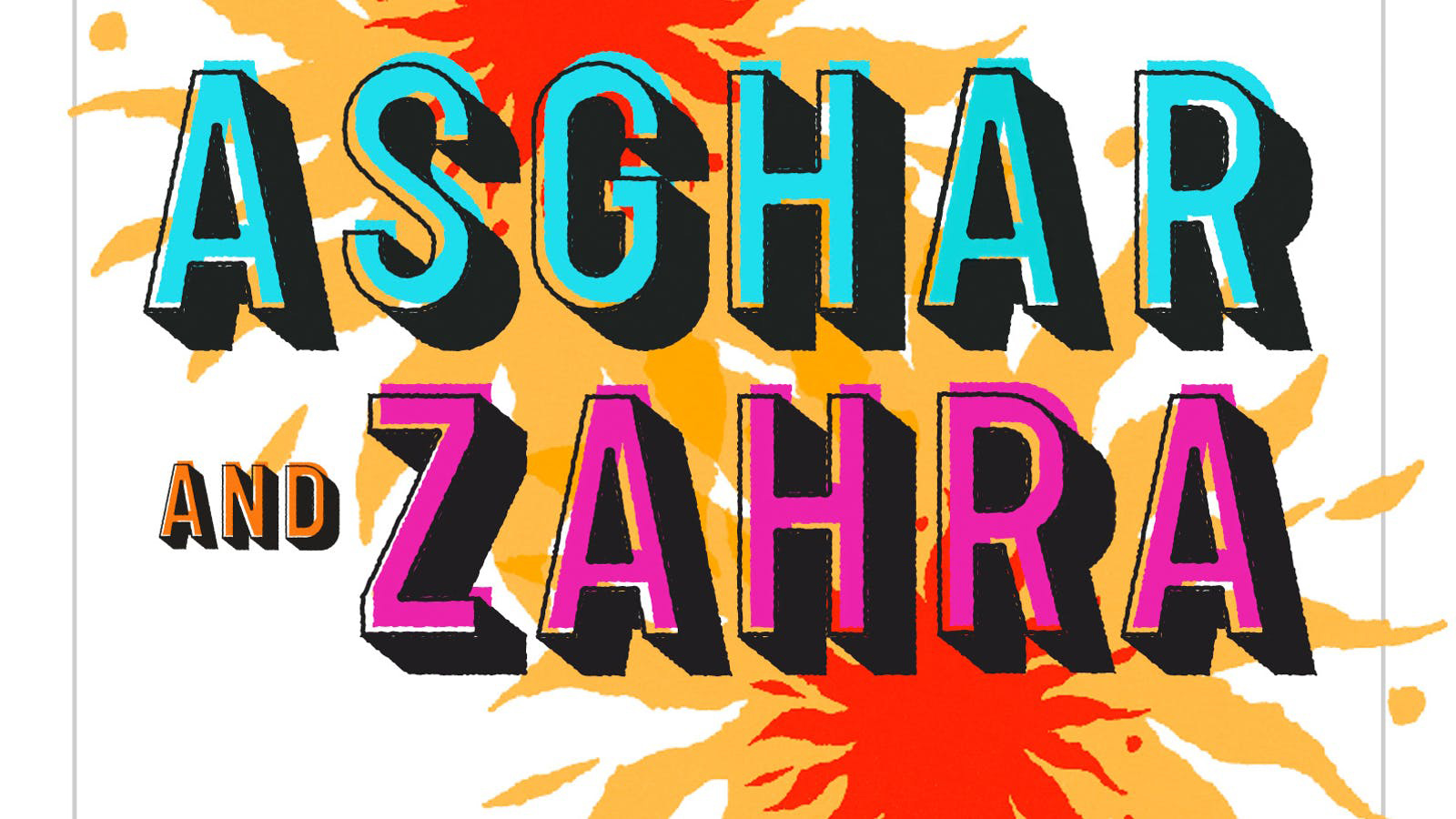
Asghar and Zahra. By Sameer Rahim. John Murray Originals. 294 pages. 2019. £12.99.
This book, like so many others, is about being stuck and torn between cultures. It is a well-written book, but the tale told is not new.
As British born Muslims we find ourselves in this arid cultural in no man’s land, where you cannot recognise yourself in your parent’s community but neither can you fully belong to the other side. In a conversation that is described between Zahra and Krish a fellow student she meets at a club: ‘They continued swapping family stories – stories they would have felt uncomfortable telling their white friends but which they trusted each other to appreciate in the right way.’ (p107)
Rahim in writing a fictional novel, as opposed to a biographical novel, has given himself a lot of space to manoeuvre. I was surprised at the number of explicit scenes — both embarrassing and funny — that were written into the novel, and quite often they distracted from the development of the characters.
This book is about Asghar and Zahra two Millenials from the same community who decide to get married. In Asghar, Zahra sees her ticket back into the community, and in Zahra, Asghar sees his ticket out of the community that he has spent all his life in. ‘She had planned to guide Asghar into a new world. One where not everything was viewed through the lens of religious doctrine or cultural expectations:’ (p 47)
Zahra had decided to study at Cambridge University to get away from family and community and is desperate to prove she can fit in. She goes clubbing and pretends to drink when offered a promotion in her workplace. ‘But she couldn’t help thinking back over the successes of her life so far — being accepted by the bank, getting into Cambridge — and wondering how much had depended on the liberal sympathies of her interviewers and her playing up to that liberalism. (Within limits she told herself: she hadn’t, after all, drunk the wine, and back at the office had washed her mouth thoroughly.)’ (p98)
So the question then that arises why run away from that which gives you the most value? Asghar, on the other hand, is a boy who has always stayed at home and around the community. He listens to what his mother says and has stayed at home while studying at University. He’s religiously and culturally more conservative than his spouse.
It is interesting that Asghar finds solace in a cleric, Tariq, who seems to have extremist tendencies. Asghar seeks sympathy for the humiliations that he had endured as a child from the headmaster at his school. He doesn’t confide in Zahra because she would blame him for not integrating into the school. But she too would never admit for all the compromises she had made still doesn’t fit in.
For she states, ‘But you have to prove you’re aren’t an imposter: that you can adjust to their ways; admire the culture you want to be a part of. If you challenge them a bit, you do it with the help of Shakespeare – not, you know the way your friend Tariq does. Give them something they can trust.’ (p 118). Asghar cannot understand that sentiment.
This book is a story of two parallel narratives that are doomed to go their separate ways, and you hope that they would converge when they got married but they don’t which leads to conflict and is resolved by the very community members whom neither protagonist had thought very highly of in the past. These moments are the only redeeming aspects of our mosques.
Rahim brings up the awkwardness of straddling two cultures but does not seek to resolve them. He merely talks about them, and you find yourself laughing and too often cringing at the different scenarios that are all too familiar in our lives.
He listed all the painful truths from our faith and culture, our class systems, how we judge individuals who step out, or not lead their lives according to the norms amongst other issues.
Watching, or reading about these characters attempts to navigate these painful truths was excruciating, and it held up a mirror holding us accountable for the injustices that occur amongst our own.
I do wonder, however, how this book portrays our community to an outsider. In an era where there is so much negative coverage about our cultures, our faith does this book do us more harm than good?
Aasiya I Versi